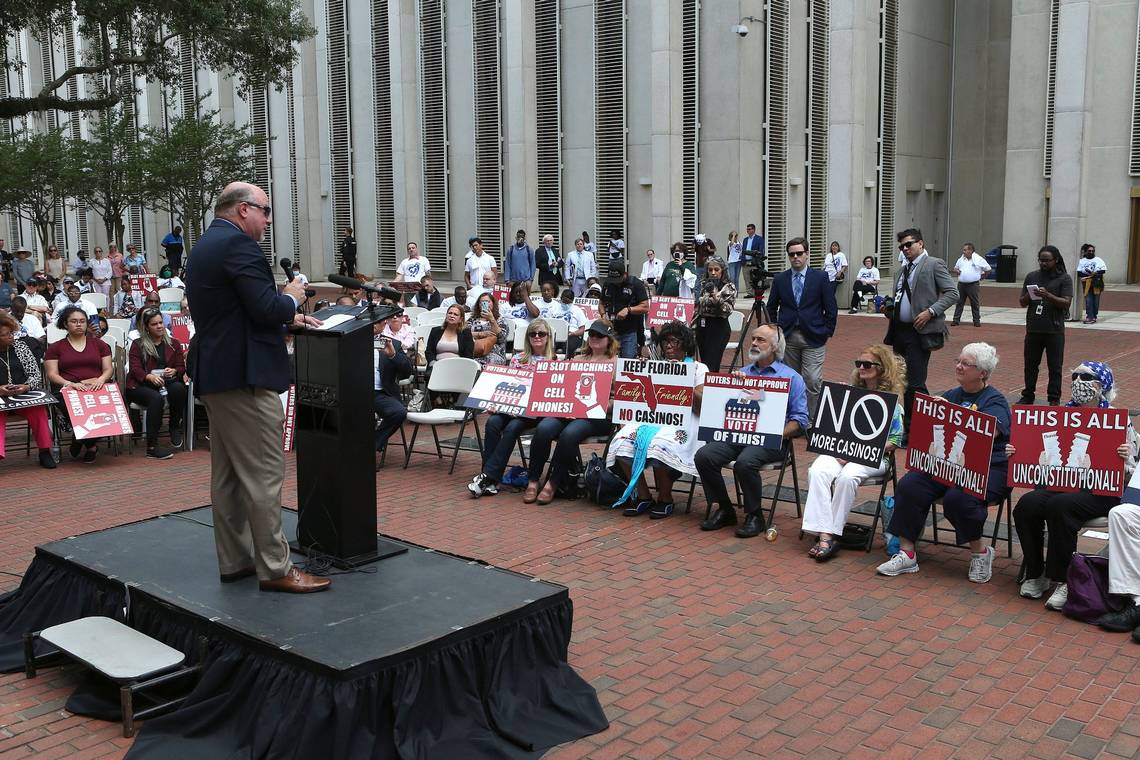Florida voters want to share their say on the future of gaming of the city as the lawmakers with the Seminole Tribe consider a new compact deal.
No casinos commissioned a poll, and according to it, on the deal of gaming compact, the voters of Florida should have the final word. According to the poll result, the percentage of voters who want the final deal’s decision is 76 per cent, and it should be up to the conclusion of the legislator believed by the rest 13 per cent. On May 17, A special session is starting, and the agreement will consider by the lawmakers.
On a New Gaming Compact Deal, the Voters of Florida Wishes to Weigh On
The lawmakers will soon focus on gaming in Florida, as with the Seminole Tribe, they will consider the new compact. The new deal will offer sports gambling and will contribute to expanding its operations. And on the matter, the voters of Florida intend to have a say.
No Casinos commissioned a poll, and according to that, a group of betting expansion opponents found that, on the deal, the final decision wants to have by 76 per cent of the voters.
And only the rest, 13 per cent, say that the decision should leave on the government and the legislature.
The 800 pool in voters of Florida likely found the following:
- Already the right amount of gaming in Florida thinks by 44 per cent
- Too much, 13 per cent
- Too little, 16 per cent
- Unsure, 26 per cent
Although a swift economic windfall promises in the compact, it may not be legal entirely, No Casinos argue that. According to the result of the groups poll, the final word should have the voters.
No Casinos Against DeSantis Compact Deal
Gaming Compact is the main target of anti-casino group No Casinos. Such is signed by Gov. Ron DeSantis and Seminoles. Opponents fear in Florida, the tribe would get exclusive control of sports betting through this deal. Pari-mutuel racing and casinos are now tied, and to operate the game rooms; the racing tracks would continue. The tribe on the non-tribal lands would expand its operations, and in license fees more than $500 million, it would pay to Florida. However, according to the groups Amendment 3 violated the deal.



